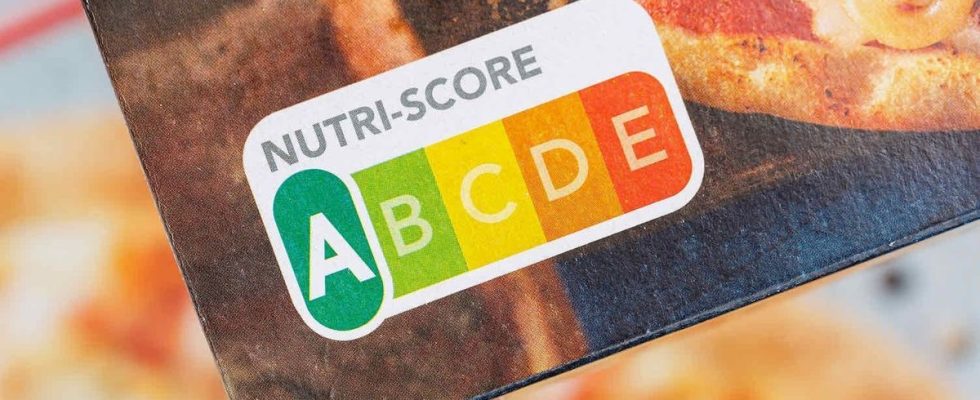Published on
Updated
Reading 3 min.
Implemented in 2017, the Nutri-Score will have a makeover in 2024. The opportunity for consumers to better find their way around the shelves… and above all to eat better. Discover the announced changes.
The news just came. From January 1, 2024, the Nutri-Score labeling system changes to better correspond to dietary recommendations.
Processed products will be penalized
In France, the Nutri-Score has been implemented since 2017. This logo based on a scale of 5 colors and 5 letters is intended to provide information on the nutritional quality of the products we purchase. In 2024, its calculation method will evolve to even better help consumers make the right choices.
The Nutri-Score will tighten its rules from January 1: products that contain too much sugar, sweeteners, fats or salts will be rated more harshly. The device will also be more demanding with fibers and proteins.
“This new algorithm is stricter, but it is also more effective for health and it will be more effective for the consumer“, assures Serge Hercberg, professor of nutrition at Sorbonne Paris Nord University and designer of this assessment tool.
In total, five product categories are affected by these changes:
- The oils ;
- The fish ;
- The cereals ;
- Meats ;
- Processed products (cooked meals to reheat, frozen pizzas, very sweet cereals, etc.).
- For drinks specifically, the presence of sweeteners is now taken into account in order to prevent manufacturers from using these additives instead of sugar to improve the rating of their products. Diet sodas containing sweeteners will no longer be rated B, but from C to E.
Thus, the rating of certain fatty fish and oils rich in good fats (such as olive, rapeseed or walnut) will improve while that of other products that are still too sweet or too salty will deteriorate. In addition, it will be easier to spot products made from wholemeal flour, rich in fiber, which will now have better scores than their refined equivalents. Finally, poultry will be better classified than red meat, the consumption of which should be limited.
Many products will therefore see their score change, between 30 and 40% of products are affected. It is not the composition of the products that changes but the way in which their score is calculated.
“The least fatty and salty cheeses, such as Emmental, will obtain a C, while the others will remain in D or E“, Serge Hercberg also told HuffPost last April.
Milk drinks enter the arena
While they were previously spared from the famous labeling system, milk, milk drinks and vegetable drinks will now be noted.
Strangely, while skimmed and semi-skimmed milks will retain their precious green color, plant-based milks will be rated less well.
This is the case for plant-based drinks from the famous Bjorg brand, which should go from grade “A” or “B” to “D” or “E”.
To remedy this, the group decided – quite simply – to remove Nutri-Score from its packaging.
Because, should we remember it? The Nutri-Score is unfortunately not yet mandatory.
6 countries have adopted NutriScore
France was the first country committed to Nutri-score since 2017. It was joined by 6 other countries: Belgium, Switzerland, Germany, Luxembourg, Spain and the Netherlands.
At the start of 2024, 1,359 brands were committed to Nutri-Score on the French market. The list of these brands is available on the Public Health France website.
Since the implementation of the logo, the estimated market share of the brands involved has continued to increase to reach 58% of sales volumes in 2022.
NO to diets, YES to WW!
When will these changes take place?
In France, the regulatory process prior to the implementation of this new calculation method is underway. The draft decree has been submitted to the European Commission, and delays may take 3 or 6 months (in the event of detailed opinion from another country), entry into force will be effective at the end of January or the end of April 2024.
